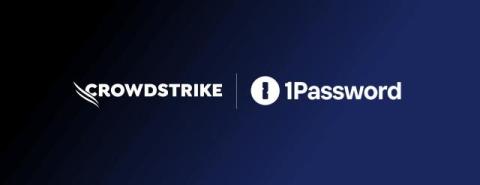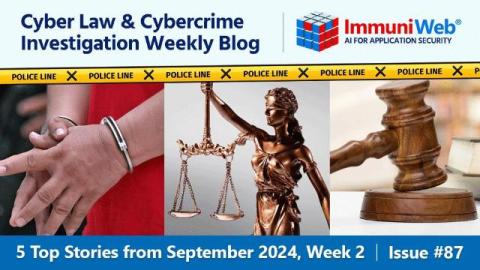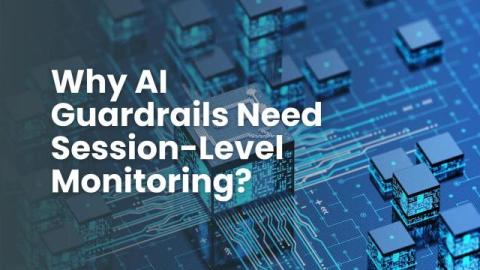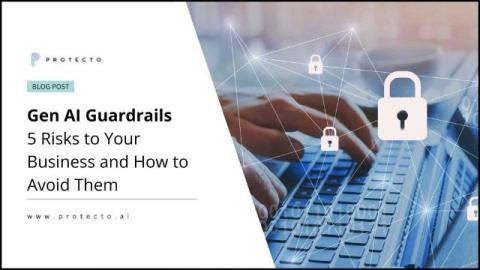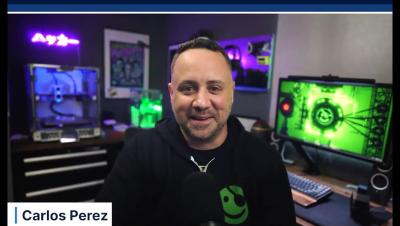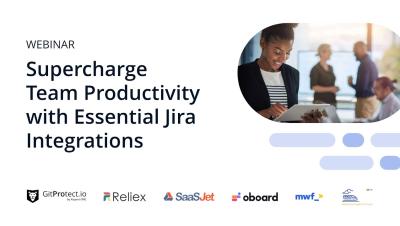WordPress Plugin and Theme Developers Told They Must Use 2FA
Developers of plugins and themes for WordPress.org have been told they are required to enable two-factor authentication (2FA) from October 1st. The move is intended to enhance security, helping prevent hackers from gaining access to accounts through which malicious code could be injected into code used by millions of websites running the self-hosted version of WordPress.



